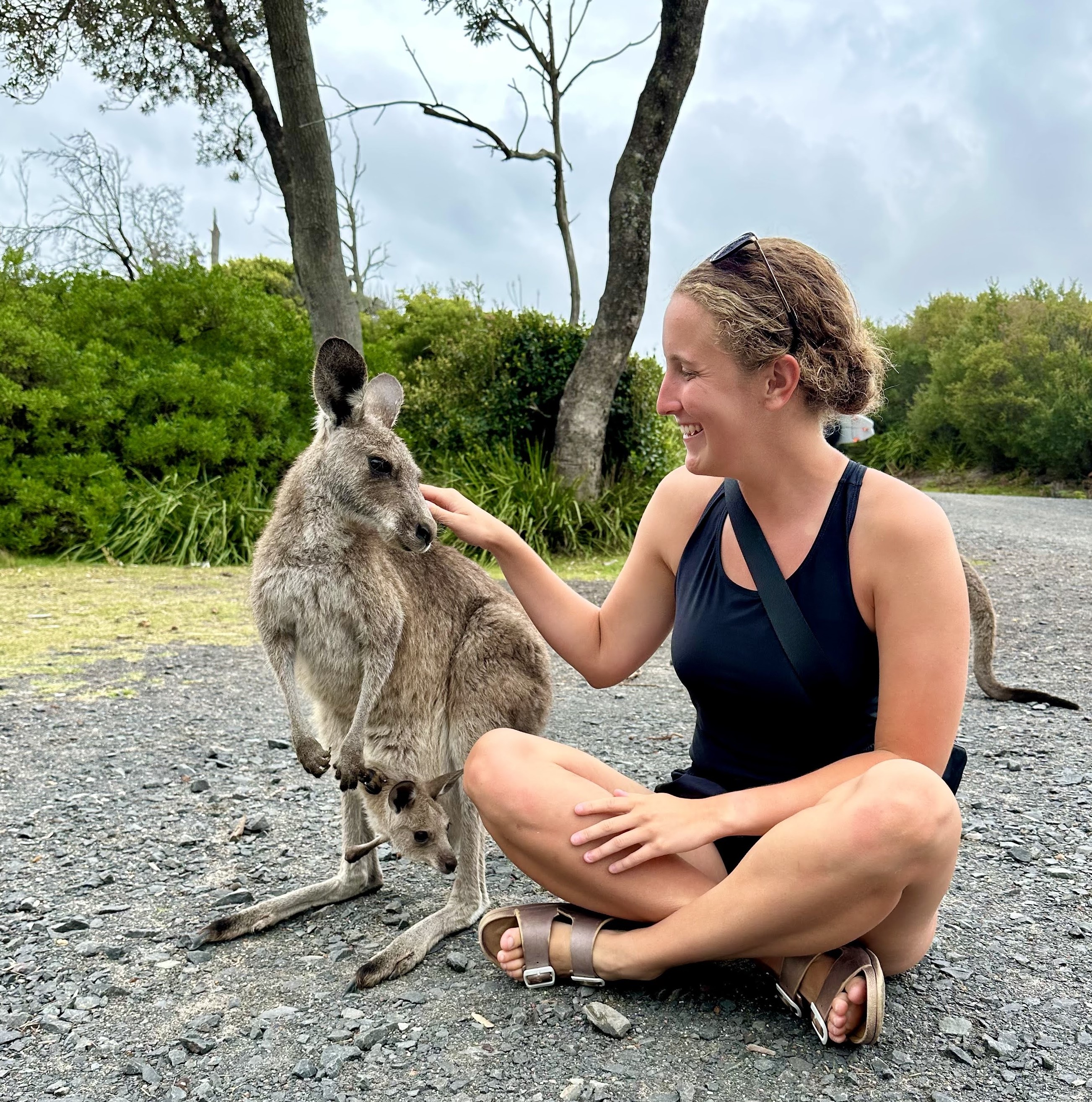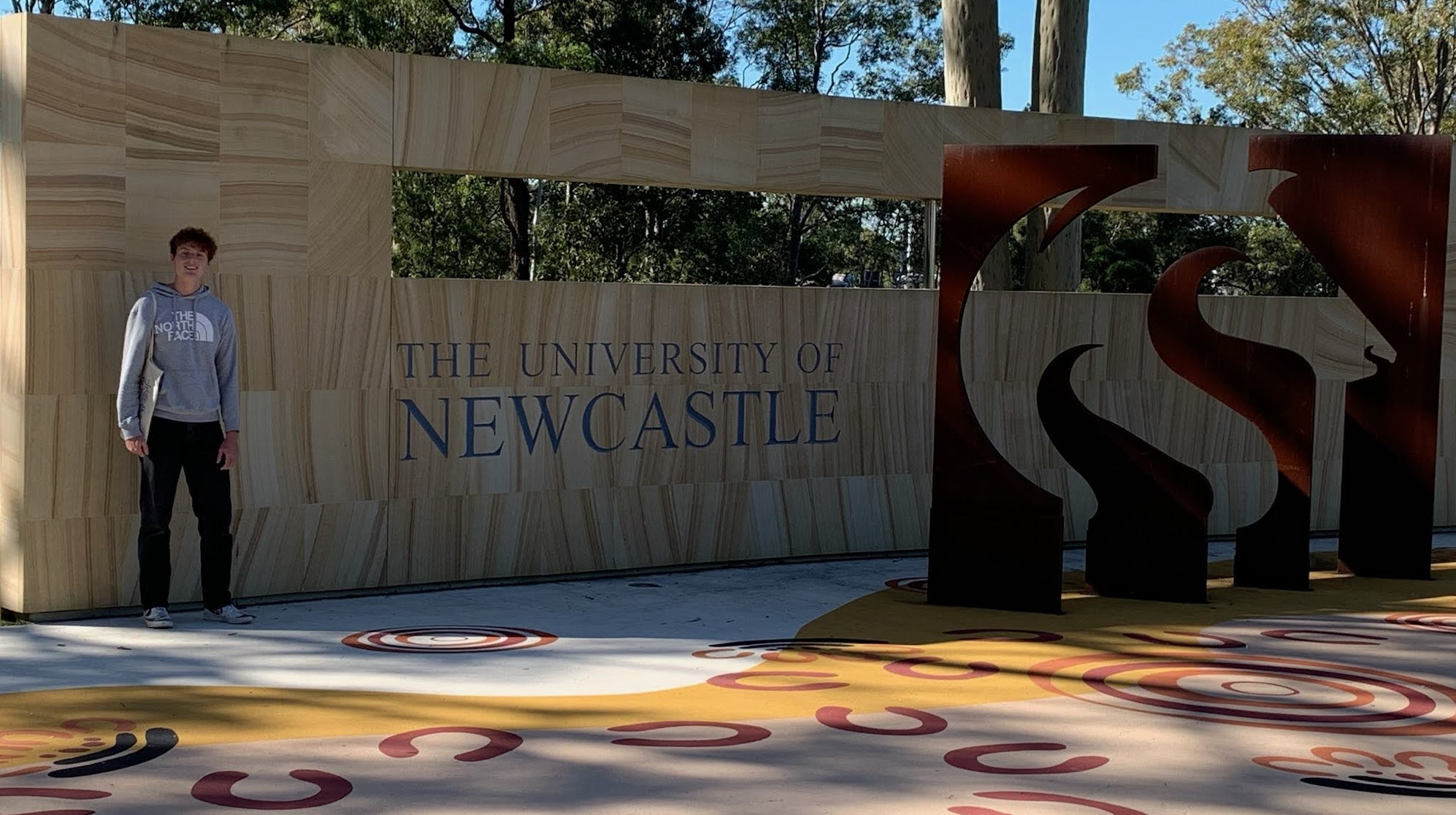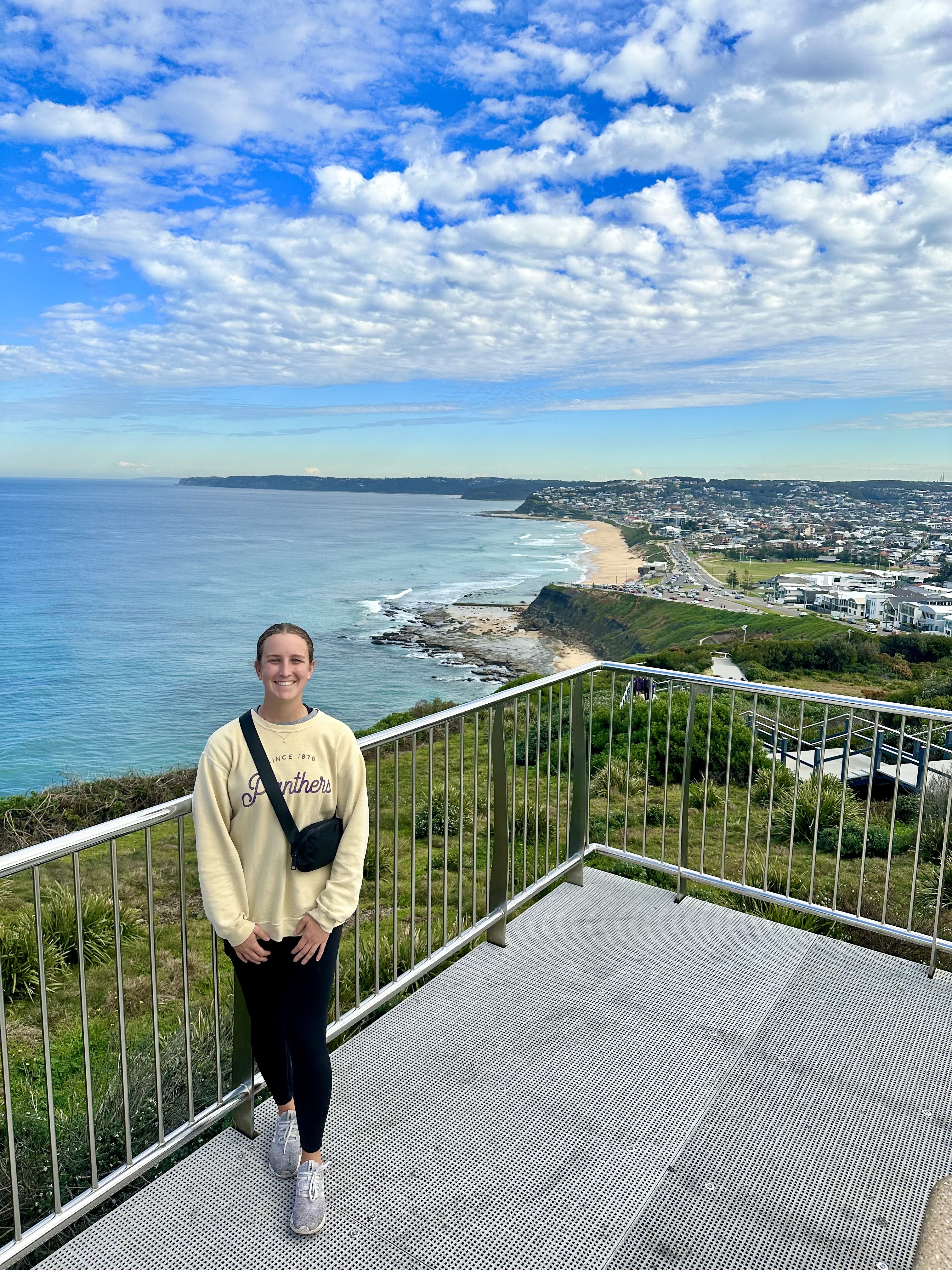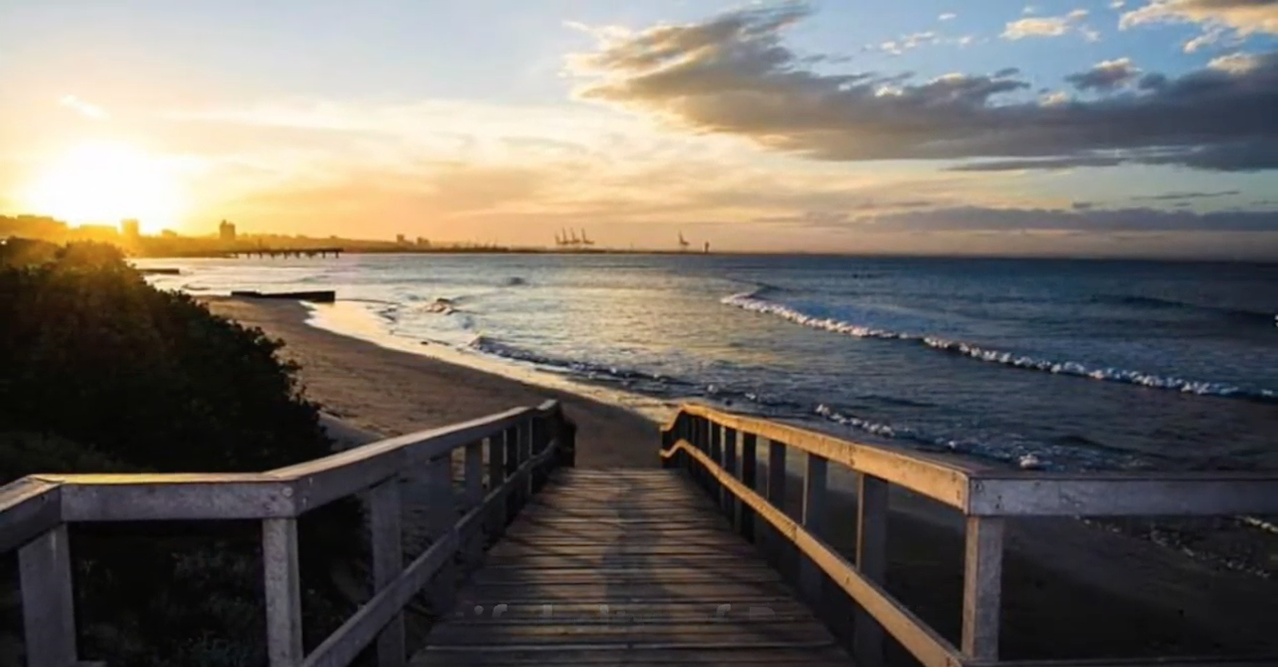Australia: University of Newcastle
Newcastle is located about 2 hours (3 hours by train) north of Sydney and is situated right on the coast.
The University is about a 30 to 45-minute bus ride from the city center and from the beach. The University of Newcastle, on the northern side of the city, provides international students with the perfect combination of lifestyle and learning.
Newcastle is a comprehensive university so academically, it aligns really well with UNI. Today about 30,000 students study at the University of Newcastle (UoN) with over 6,000 international students from more than 80 countries. Students choose from 150 courses of study offered by 6 faculties (Colleges).
Check out the 10-minute introduction presentation by the University of Newcastle staff.

Dates & Deadlines
Term: Spring
App Deadline: September 15th
Program Dates: January - May
Term: Fall
App Deadline: March 1st
Program Dates: August - December
Term: Summer
App Deadline: March 1st
Program Dates: June - July
Students can click the link below to schedule a meeting to go over important details about this program and begin the application process.
Interested in studying abroad in the Spring of 2027 or later? Please fill out the waitlist form below and the study abroad center will notify you when applications for future terms open. If you are still deciding where or when you want to go abroad, you can also schedule an informational meeting with our office to learn more about the programs we offer and find one that works best for you!
Study Abroad Waitlist Schedule Info Meeting
Unsure where to begin? Visit our Application Process page to learn more!
Location
Newcastle is located about 2 hours (3 hours by train) north of Sydney and is situated right on the coast. The University is about a 30 to 45-minute bus ride from the city center and from the beach. The University of Newcastle, on the northern side of the city, provides international students with the perfect combination of lifestyle and learning.
Newcastle is a down-to-earth Australian beach side city which combines a country setting with all the advantages of city living. Newcastle is an industrial city, but it boasts wonderful beaches, casual lifestyle and it’s not far from Sydney, the capital of New South Wales.
Its population of 350,000 supports a thriving business and commercial sector and an excellent network of leading health care and educational facilities.
A few kilometers south of the city is Australia's largest seaboard lake, Lake Macquarie, scene of many national and international sailing events. Less than an hour drive to the north is the magnificent harbor of Port Stephens, a popular center for big game fishing and sailing, surfing, and sail boarding. To the west are the internationally famous wineries of the Hunter Valley.
- Academics
The University of Newcastle has one of the best campuses in Australia. Its 300 acres of natural bushland - complete with Australian wildlife. On campus students have access to a state-of-the-art sports complex, which includes an indoor Olympic-sized swimming pool, a 60 ft climbing wall (one of the highest in Australia), two indoor basketball courts, two martial arts/aerobics studios, fully equipped weight and exercise rooms and an adjoining Health Education Center.
The semester program begins with a week long Orientation Program that prepares students for the academic and cultural experience ahead. All Study Abroad and Exchange students are free to study nearly any course offered by the University of Newcastle.
Courses: Students typically take 3 or 4 courses while studying at UON. UNI students can take major, minor, and/or UNIFI credits during their time at Newcastle. We recommend students also try to take at least one course in a topic on Australia. Information on courses and when they are offered can be found here.
Teaching Methods and Styles: Australian higher education is derived from the British model. This means that most undergraduate courses consist of lectures, classes, workshops, and tutorials each week as well as 'unstructured' time which means students should be doing individual reading and research. Lecture and class times will be given to students when they enroll during orientation week. All students are required to be at lectures and tutorials at the specified times.
Students generally attend class 1-2 times per week for each class and the majority of graded content is weighed on a midterm and final assignment or exam.
Academic Calendar: The university operates on a semester system with Semester 1 (our Spring semester) running from February to June and Semester 2 (our Fall semester) running from July to December. When thinking about their semester dates, it is important to remember that with it being on the other side of the hemisphere, their spring semester is our fall and vice versa. To view the academic calendar, please see here.
Credits and Grades: Australian credits are calculated differently than in the US. A 10 credit course at Newcastle is equal to a four credit course at UNI. That being said, most UNI students take three courses during the semester at Newcastle to be considered full-time. Grades are also calculated differently. The grading scale and credit transfer is as follows:
40 = 16 sem hrs HD High Distinction 85+ = A
20 = 8 sem hrs D Distinction 75 -- 84 = A
10 = 4 sem hrs C Credit 65 -- 74 = B
P Pass 50 -- 64 = C
UP or FF Less than 50 = no transfer credit- Participant Info
Meet your Advisor:
Jamie is a full time study abroad advisor who will help you throughout the application process to Australia, including documentation, finances, scholarships, and more. From your first steps meeting until you take off for your new adventure, Jamie will help you every step of the way.
Important information to review:
Study abroad is a once-in-a-lifetime opportunity to be challenged by new experiences in new environments and cultures. UNI study abroad programs are designed to prioritize educational opportunities for students. Students are encouraged to embrace the adventure of exploring how housing, meals, and daily routines differ abroad.
Entry and Exit Requirements:
Review and follow the travel recommendations of the U.S. State Department for travel to Australia.

- Housing & Meals
Accommodation at Newcastle consists of both on and off-campus accommodations options. Students also have the option to stay with a host family in Newcastle, if they would like. Most UNI students choose to live in on-campus accommodations due to their diverse community, to live like a student, and due to cost effectiveness.
The University of Newcastle offers five different on-campus residential houses, with each house offering different meal plans from self-catering (no meal plan) to full meal plans. Students may request a specific hall depending on their dietary needs and/or preferences. Most students choose not to have a meal plan and cook for themselves in their kitchen.
- New Residences - single, double, and up to 6 person apartment, all self-catered
- Barahineban - 95 rooms- single and double occupancy, all self-catered
- Edwards Hall - 374 residents, 299 fully-catered, 75 self-catered
- Evatt House - 211 residents, all self-catered
- International House - 226 residents, all semi-catered
Meals
Along with meal plans that some accommodations offer, there are other places on campus that students can frequent. The Union houses a wide range of facilities such as cafeterias, coffee shops and bars, as well as a bookshop, credit union, gift and stationery shops. There are also two banks, a travel agency and a clinic with doctors and dentists on call.
Program Costs
Estimated Program Cost: $17,427*
*estimated total cost of participation, actual amount depends on type of housing accommodation selected, actual airfare purchase price, personal spending habits, and other factors
| Estimated Program Cost | |
|---|---|
| Estimated Total Program Cost | $17,427 |
| Estimated U-bill Charges | $9,321 |
| Estimated Out-of-Pocket Costs | $8,106 |
Spring 2026 Exchange Estimated Budget Sheet (PDF)
Spring 2026 Non-Exchange Estimated Budget Sheet (PDF)
Cost of Studying On Campus at UNI*
*per semester, estimated, will vary per person
| Cost of Studying at UNI | |
|---|---|
| Tuition & Fees | $5,100.50 |
| Room & Board | $5,314 |
| Books | $800 |
| Personal Expenses | $1,870 |
| Transportation | $794 |
| Total | $13,878.50 |
Eligibility Requirements to Study Abroad
The Study Abroad Center reserves the right to determine participants' eligibility to study abroad. Students must have a completed study abroad application, including supportive recommendation form(s). View eligibility requirements.


